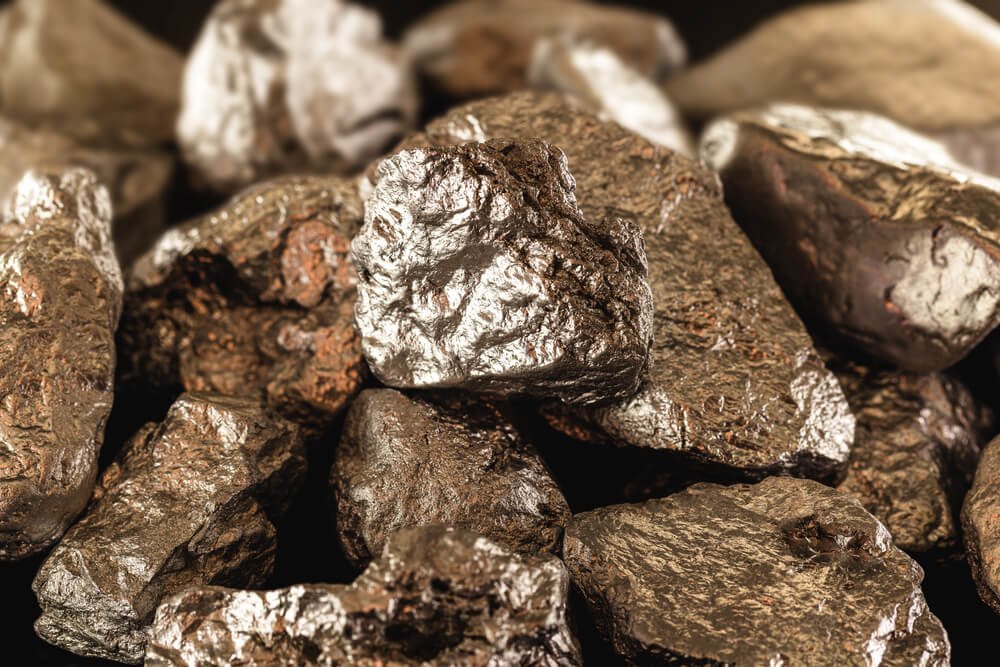The global push for electric vehicles (EVs) as part of the 2050 net-zero carbon emission vision is expected to lead to a substantial increase in copper demand. Industry experts forecast a looming supply shortage, with copper becoming both scarce and expensive in the coming years.
Several factors contribute to this outlook. Major copper mines, such as Cobre Panama, which supplies around 400,000 tons of copper annually, have ceased operations, and major mining companies like Anglo American and Vale have reduced their production forecasts. Codelco, another significant player, recently reported its lowest production levels in 25 years due to supply issues and operational disruptions.
Adding to the concern, Chinese suppliers, who account for more than half of the world’s copper production, have reduced their output, driving up prices. The global market faces a projected shortage of 428,000 tons of refined copper this year, significantly worse than last year’s shortfall of 130,000 tons.
Copper prices on the COMEX, a major trading platform for precious and base metals, have increased by 22% since March, hovering around $10,000 per ton. This reflects high demand driven by the transition to green energy. An S&P Global study links the net-zero vision to increased copper demand, projecting a need for 50 million tons by 2035, double the current demand. EVs require five times more copper than internal combustion engine vehicles, and renewable energy infrastructure like solar and offshore wind plants also demand significantly more copper than fossil fuel plants.
The study suggests that EV production will be the main driver of green energy transformation, accounting for 55% of market growth and sustaining high copper demand for decades. Industry insiders advocate for Vietnam to take a more active role in the global EV supply chain, focusing on developing charging infrastructure and battery technology.
Although Vietnam has several refineries with a capacity of up to 10,000 tons per year, it still relies heavily on imported copper to meet its needs. Investment in domestic supply is crucial, especially as demand and prices are expected to rise in the coming decades.






